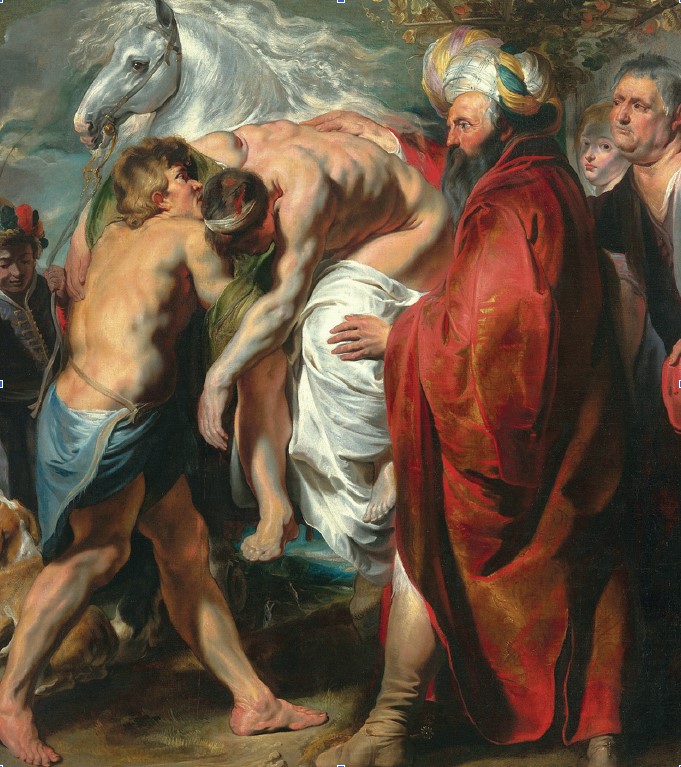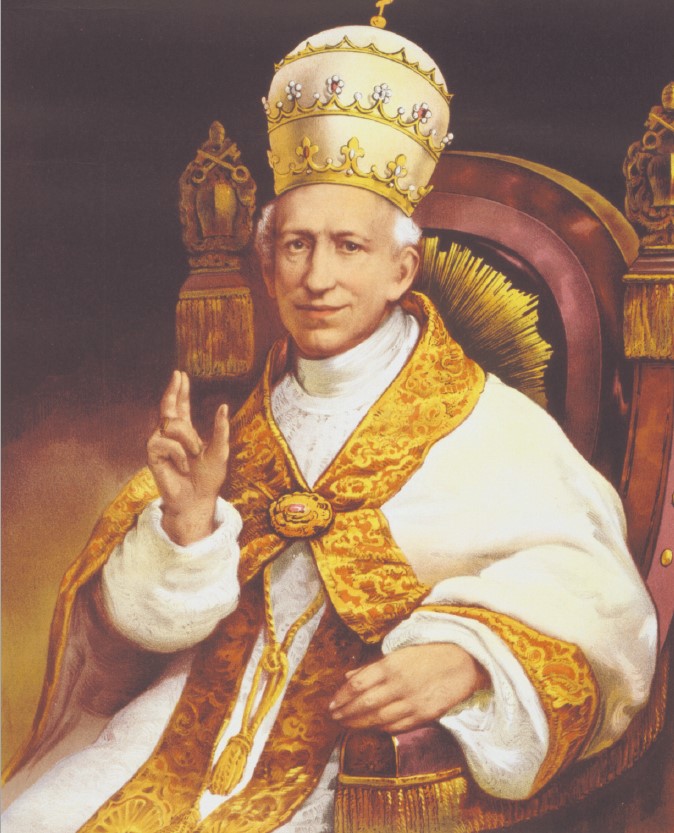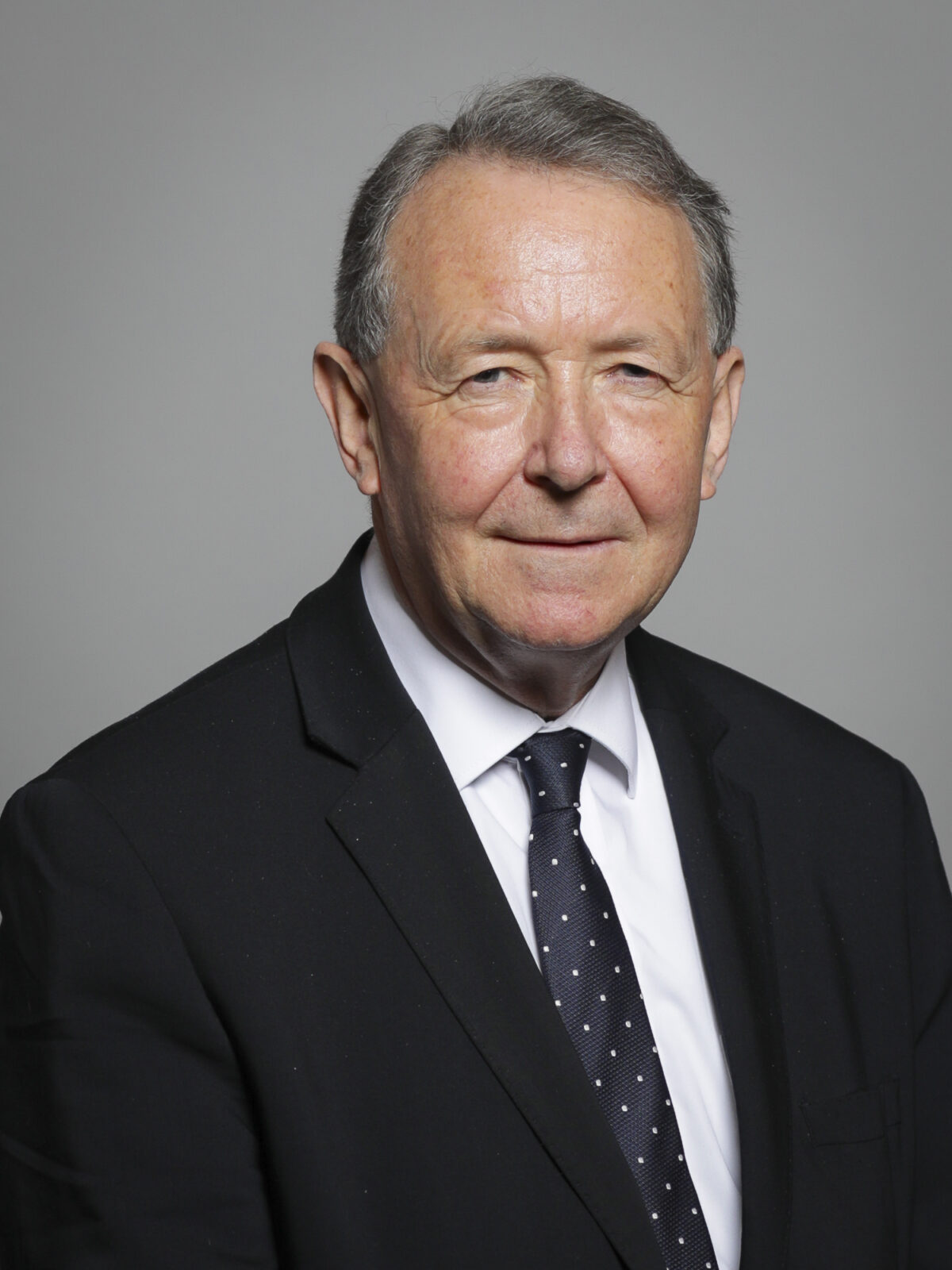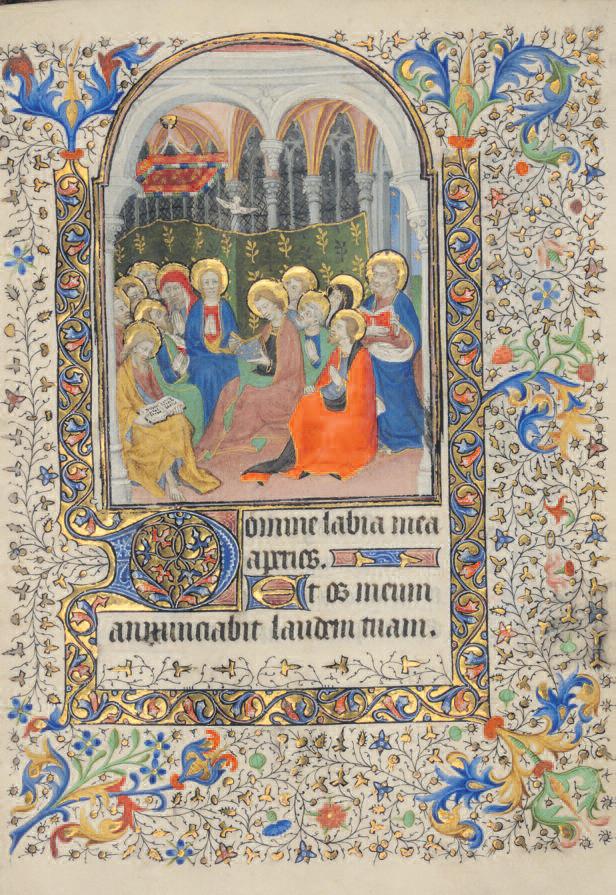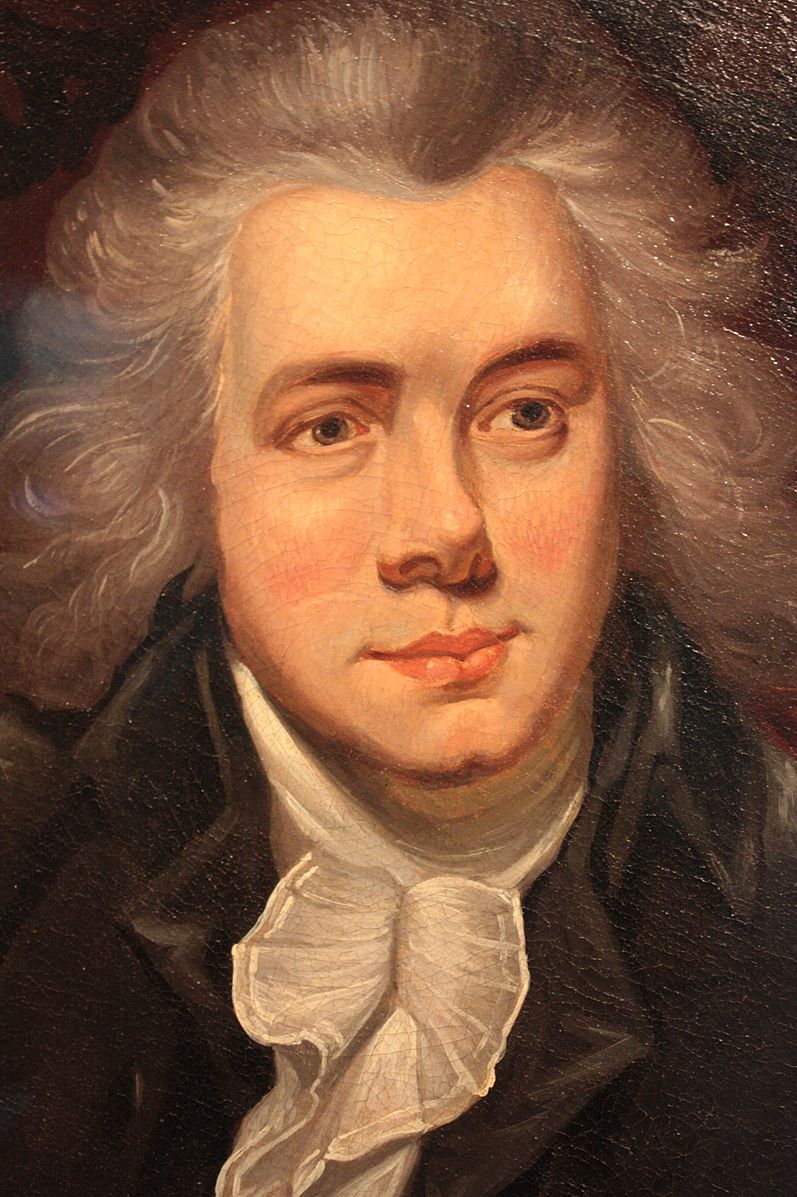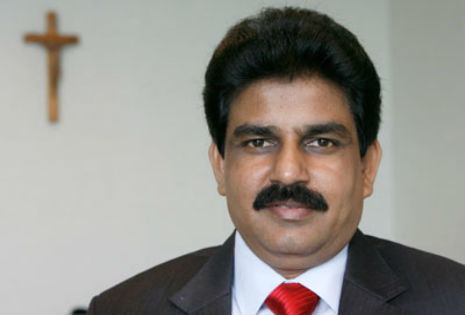Friday 3rd April 2020
The CHC @ The Catholic Universe
Covid-19 crisis from the perspective of providence: A call to creative love
Fr José Granados
In these days of Lent, we re-read the story of Israel’s departure from Egypt, when God delivered them from the scourge of plagues.
The scene is poignantly brought to life by the epidemic that we are experiencing at the moment. It reminds us that God is no stranger to anything that happens to us. “My times are in your hands”, says the psalmist (Ps 31:15).
Whoever lives the totality of their life according to faith in the Creator, must also live the Covid-19 crisis according to faith in the Creator.
Why the virus? What are its causes and effects? The biologist and the doctor can tell us something about these, as can the psychologist and the economist. But only faith offers the ultimate horizon that unifies these partial perspectives. The believer does not have all the answers, but knows who does. He knows Him and knows how to invoke Him, to help him live this hour with meaning. Believing in God means that our “why?” can be transformed into “what for?”
“In the programme of the kingdom of God”, St John Paul II said, “suffering is present in the world in order to release love, in order to give birth to works of love towards neighbour” (Salvifici Doloris 30).
The suffering caused by the virus is also present in order to revive love in ourselves. It is towards this love that providence leads all things. So, whoever believes in providence does not respond with negligence or irresponsibility, but with the intelligence of love.
We discover how precious are our relationships, which are lived out in the body. This is why this virus is a threat to our communal life. This is why we are afraid to be together, to work together, and why we isolate ourselves. Thus, the virus wounds us at the heart of our humanity, which consists of the call to communion.
At the same time, we understand the greatness of the good that is threatened. For we experience that we have no life if it is not life together; that we cannot flourish as solitary individuals, but only as members of a family, school, neighbourhood. The virus unmasks the lie of individualism and testifies to the beauty of the common good.
The reawakening to love continues, secondly, because we suffer as our own the suffering and anguish of others. Pain unites us. In a certain sense, we have all been infected by the virus because our community, our city, our nation has been infected. Hard times are on the way for many families, for the elderly, for the most vulnerable, but these sufferings will have the effect of increasing amongst us the works of love carried out for others. The difficulties of having physical contact will require an intelligent love, which will invent new ways of being present. Technology will help us to express that closeness and that affective support which, far from spreading the virus, vaccinates us against it.
Reawakening to love will also, and thirdly, consist of the discovery of new ways of working together. For the pain of the virus, in addition to that caused by the physical disease, will be the pain of anxiety, of not knowing what to expect or how to get on with the thousand things of everyday life, and the fatigue of remaking plans and of enduring the waiting. An intelligent and creative love will be that of teachers who do not interrupt their educational work and their support for their students; that of parents who create tasks and games for their children; that of pastors who continue to bring food to their faithful; that of families who inspire and share their creativity with other families.
Finally, this creativity of love will help us discover that love has an inexhaustible source. And so, fourthly, our suffering will reawaken us to love if we turn our gaze to God, who is the source and channel of all love.
The forced isolation caused by the virus is an opportunity for us to delve more deeply into the big question, the “why?”, that lies behind everything.
The virus, in threatening the life-giving air that we breathe and the presence of those we love, invites us to ask ourselves about the ultimate secret of this very life and love. What is its origin and destiny? This question will lead us to discover the face of
“Let us remember, therefore, that the grace of God continues to act, even when we cannot receive Communion. For at every Mass that a priest says, even if he is alone, we will all be present and God’s grace will touch us. “
the God who wanted to respond to suffering, not with a theory, but with a presence: His suffering with us. For He became flesh, taking on our suffering in order to heal it; and, in the Sacraments of His Body and Blood, He gave us the gift of health.
It is precisely at this time that access to the sacraments, especially the Eucharist, has become difficult. Let us remember, therefore, that the grace of God continues to act, even when we cannot receive Communion. For at every Mass that a priest says, even if he is alone, we will all be present and God’s grace will touch us. Faith in providence will arouse an intelligent love so that the Eucharist continues to be present in our lives.
We will be able to strengthen our communal prayer, our reading aloud of the Word of God, our family recitation of Sunday Lauds or Vespers, our invocation of Mary in the Rosary…
It has already become clear that many will have to live this Lent fasting from the Eucharist. If, however, this awakens in us a love for the living Bread that comes from Heaven, if it teaches us that we cannot live when deprived of the Eucharist – the medicine of immortality – then this fast will have a saving effect. For in the Eucharist is the resurrected Body of Christ: immune to any virus, and inexhaustible source of our common life. Thus, the threat of the virus will awaken in us not only a concrete love for those who suffer, but a hope for the Love that never ends. The psalmist’s plea will sound anew: “You shall not fear the terror of the night nor the arrow that flies by day, because you have the Lord for your refuge and have made the Most High your stronghold” (Ps 91:5-6:9).
Nothing escapes the providence of God, and God relies on our prudence (which is the intelligence of love) to face the epidemic, supporting each other in a generous and creative fashion.
Fr José Granados is the Superior General of the Disciples of the Hearts of Jesus and Mary

